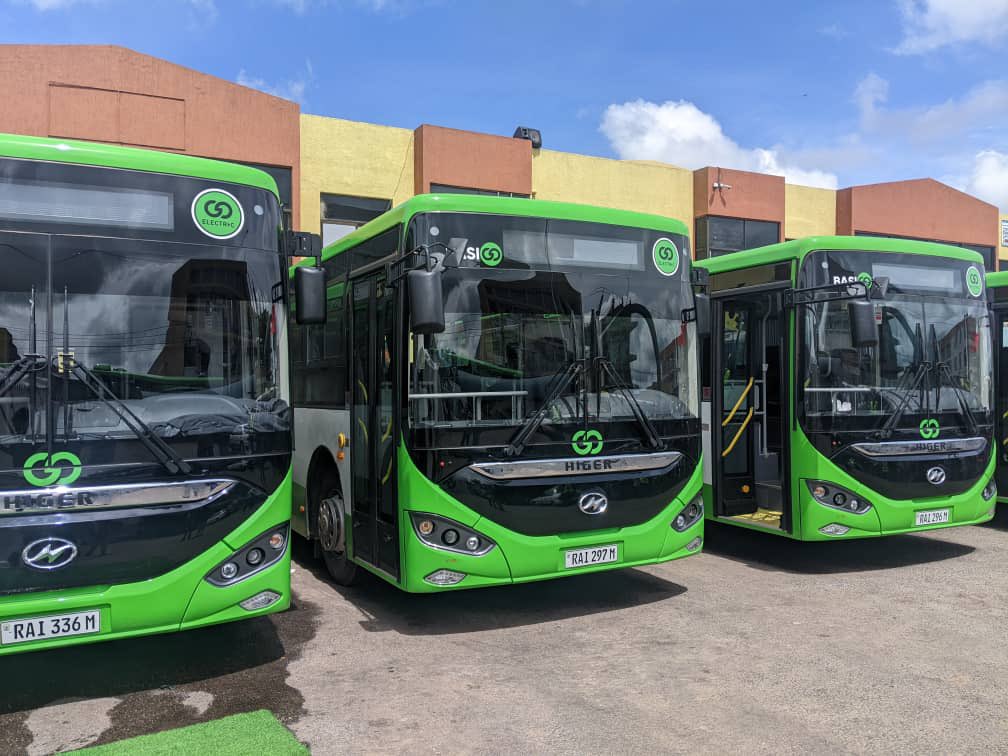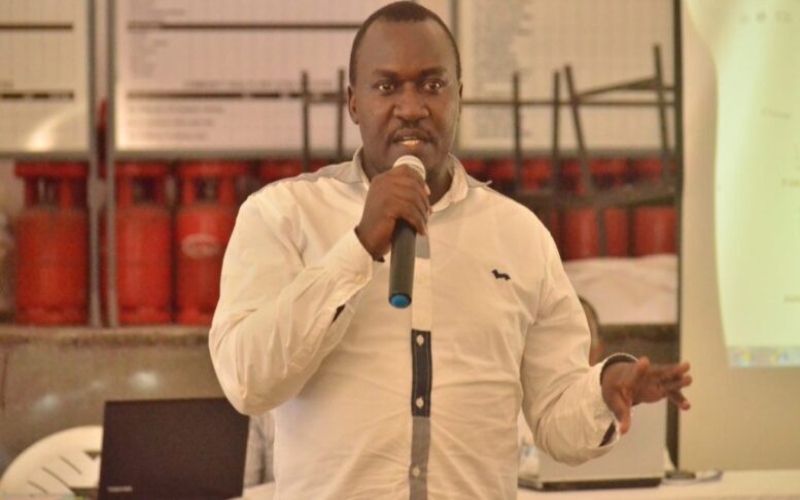Rwanda explores Vehicle-to-Grid technology to boost energy efficiency, adoption of electric vehicles

According to officials from Rwanda's Ministry of Infrastructure (MININFRA), the initiative is part of the country's strategy to enhance energy efficiency amid the anticipated growth of EVs in the coming years.
Rwanda is currently assessing the potential of Vehicle-to-Grid (V2G) technology, an innovative system that enables electric vehicles (EVs) to not only draw power from the grid for charging but also channel electricity back to it when needed.
This two-way power flow allows EV batteries to function as mobile energy storage units, balancing electricity supply and demand by supplying excess power to homes, businesses and other grid-connected facilities during peak times.
More To Read
- AFC/M23 rebels announce withdrawal from Uvira, citing progress in Doha framework
- Peace falters as fighting in eastern DR Congo raises fears of regional war
- Burundi closes border with DR Congo after M23 enters Uvira, sources say
- M23 rebels capture eastern DR Congo city of Uvira as thousands flee to Burundi
- Bloody clash leaves 30 dead, 20 injured as army, pro-government militia clash in eastern DR Congo
- UN hails DR Congo-Rwanda peace deal amid ongoing hostilities in the east
According to officials from Rwanda's Ministry of Infrastructure (MININFRA), the initiative is part of the country's strategy to enhance energy efficiency amid the anticipated growth of EVs in the coming years.
With increasing incentives encouraging the adoption of electric vehicles, Rwanda aims to ensure the power grid can effectively handle the rising demand while offering cost benefits to EV owners.
"That's why we are exploring this technology that would help us attain such energy efficiency for the use of EVs and other consumption areas. This would stabilise the grid and be cost-saving for EV owners," one of the officials told The New Times.
Rwanda's electricity access rate was recorded at 82 per cent in 2024, with national power generation exceeding 1.4 million megawatt-hours. The government supports the EV sector by providing subsidised industrial electricity tariffs, approximately $0.10 per kilowatt-hour, making EV ownership more affordable.
Additionally, Rwanda Energy Group (REG) has assured that current power reserves and ongoing projects, including the 43MW Nyabarongo II hydropower plant, are sufficient to meet future energy needs.
Despite its technical feasibility, experts warn that V2G technology is not yet economically viable for Rwanda's urban centres.
"The grid is relatively stable and expanding, with ongoing investments in hydro, solar, and methane power. EV adoption, especially of four-wheelers, is still at early stages and not yet sufficient to support energy return to the grid," said Nicholas Hu, the Co-founder of Kabisa, a Rwandan-based e-mobility company.
To further boost the EV ecosystem, the government plans to establish 36 charging stations initially, focusing on urban hotspots, petrol stations and commercial centres, while encouraging private sector partnerships to expand this network.
Rwanda's goal is to ensure no EV user must travel more than 50 kilometres without access to a charging point, especially in upcountry regions.
Between 2020 and 2024, Rwanda imported over 7,000 hybrid and electric vehicles; however, only a small fraction were fully electric.
Recently, the Rwandan government reinstated an 18 per cent VAT on hybrid vehicles to discourage the influx of older, less environmentally friendly models, while maintaining VAT exemption for electric vehicles to promote cleaner transportation alternatives.
Top Stories Today













































